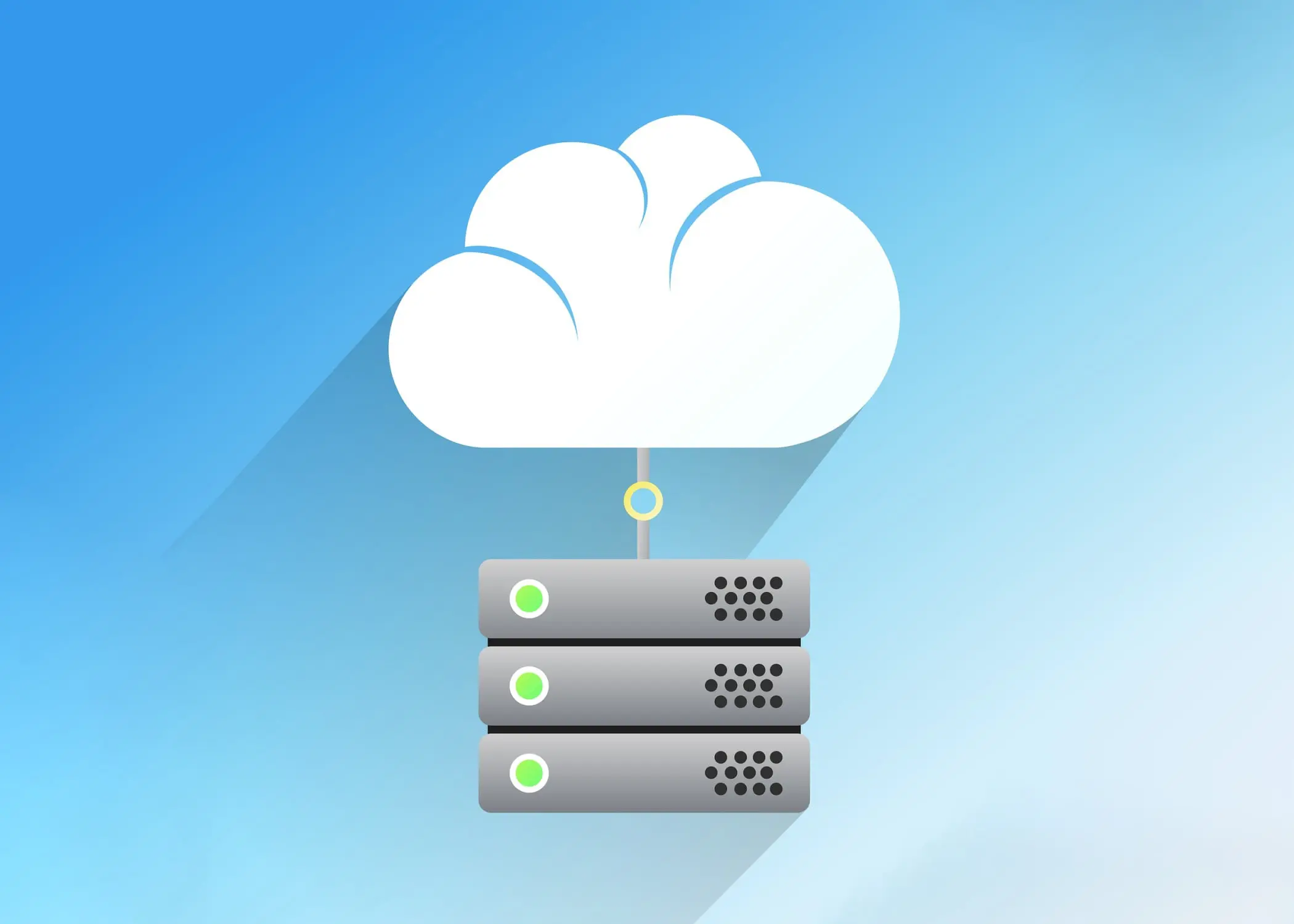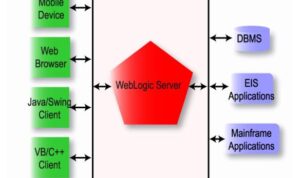Embark on a journey into the realm of virtual cloud servers, where cutting-edge technology meets unparalleled flexibility and efficiency. Dive deep into the intricacies of this innovative solution that is transforming the way businesses operate in the digital landscape.
Discover the ins and outs of virtual cloud servers, from their fundamental principles to the advanced strategies for optimal management and customization.
Overview of Virtual Cloud Server
Virtual cloud servers are virtualized servers that run on a cloud computing environment. These servers are created, hosted, and managed remotely by a cloud service provider, allowing users to access and utilize computing resources over the internet.
Benefits of Using a Virtual Cloud Server
- Scalability: Virtual cloud servers can easily scale resources up or down based on the user's needs, providing flexibility and cost-effectiveness.
- Reliability: Cloud servers are designed with redundancy and failover mechanisms, ensuring high availability and reliability.
- Cost-effective: Users only pay for the resources they use, eliminating the need for upfront investment in hardware and infrastructure.
- Accessibility: Cloud servers can be accessed from anywhere with an internet connection, making it convenient for remote work and collaboration.
Differences between Virtual Cloud Servers and Physical Servers
- Infrastructure: Virtual cloud servers are hosted on a virtualized environment, while physical servers rely on dedicated hardware.
- Scalability: Virtual cloud servers can easily scale resources, whereas physical servers require manual upgrades or additions of hardware components.
- Management: Cloud service providers handle maintenance, updates, and security of virtual cloud servers, relieving users of these tasks compared to physical servers that require manual management.
- Cost: Virtual cloud servers offer a pay-as-you-go pricing model, eliminating the need for upfront hardware costs associated with physical servers.
Setting Up a Virtual Cloud Server
Setting up a virtual cloud server can be a crucial step in leveraging the benefits of cloud computing for your business or personal projects. Here is a step-by-step guide to help you navigate through the process smoothly.
Choosing a Virtual Cloud Server Provider
When it comes to setting up a virtual cloud server, one of the first decisions you need to make is choosing a reliable provider. Consider the following key factors before making your choice:
- Performance and Reliability: Look for a provider that offers a high level of performance and reliability to ensure your server runs smoothly without downtime.
- Scalability: Opt for a provider that allows you to easily scale your server resources up or down based on your needs.
- Security: Prioritize providers that offer robust security measures to protect your data and applications from cyber threats.
- Pricing: Evaluate the pricing plans of different providers to find one that fits your budget while offering the necessary features.
- Support: Choose a provider that offers responsive customer support to help you resolve any issues promptly.
Options for Hosting a Virtual Cloud Server
There are various options available for hosting a virtual cloud server, including public cloud, private cloud, and hybrid cloud. Each option has its own advantages and use cases:
- Public Cloud: Ideal for small to medium-sized businesses and startups looking for cost-effective and scalable solutions.
- Private Cloud: Suitable for enterprises with specific security and compliance requirements who prefer dedicated resources.
- Hybrid Cloud: Combines the benefits of both public and private clouds, allowing businesses to optimize their workload distribution.
Managing Virtual Cloud Servers
Managing virtual cloud servers efficiently is crucial to ensure optimal performance and security of your cloud infrastructure. Regular maintenance and updates are essential to keep your servers running smoothly. Monitoring performance and security helps in identifying and addressing any issues proactively.
Best Practices for Managing Virtual Cloud Servers
- Implement automation for routine tasks to save time and reduce human errors.
- Regularly backup your data to prevent data loss in case of failures.
- Utilize monitoring tools to track performance metrics and detect any anomalies.
- Implement security measures such as firewalls, encryption, and access controls to protect your servers from cyber threats.
Importance of Regular Maintenance and Updates
Regular maintenance and updates are essential for the following reasons:
- Ensure that your servers are running on the latest software versions with security patches.
- Optimize performance by fixing bugs and improving efficiency.
- Enhance reliability by addressing potential issues before they escalate into major problems.
Monitoring Performance and Security of Virtual Cloud Servers
Monitoring performance and security is crucial to ensure the health and stability of your virtual cloud servers. Here are some key steps to monitor effectively:
- Set up alerts for critical performance metrics to be notified of any issues immediately.
- Regularly review logs and reports to identify trends and patterns that may indicate performance or security issues.
- Conduct regular security audits to assess vulnerabilities and implement necessary measures to mitigate risks.
Scaling and Customizing Virtual Cloud Servers
Scaling and customizing virtual cloud servers are essential processes to optimize performance and meet specific requirements efficiently.
Scaling a Virtual Cloud Server
- Assess the current needs and performance of the virtual cloud server to determine the necessary changes.
- Choose the appropriate scaling option, whether vertical scaling (increasing resources of the current server) or horizontal scaling (adding more servers).
- Implement the scaling process by adjusting CPU, RAM, and storage resources accordingly.
- Monitor the performance post-scaling to ensure that the server meets the new requirements effectively.
Customizing Virtual Cloud Servers
- Identify the specific requirements and constraints of the workload running on the virtual cloud server.
- Explore customization options such as selecting the operating system, configuring security settings, and integrating third-party applications.
- Opt for specialized services like load balancers, databases, or content delivery networks (CDNs) to enhance server performance.
Optimizing Resources for Better Performance
- Regularly monitor resource usage to identify bottlenecks or inefficiencies.
- Utilize automation tools to streamline resource allocation and management tasks.
- Implement caching mechanisms, optimize database queries, and fine-tune configurations to improve overall server performance.
- Consider implementing cost-saving measures like scheduling automated shutdowns during off-peak hours or utilizing spot instances for non-critical workloads.
Final Review
In conclusion, the virtual cloud server stands as a beacon of modern IT infrastructure, offering endless possibilities for scalability, security, and performance optimization. Embrace the power of the cloud and elevate your digital operations to new heights with this revolutionary solution.
FAQ Resource
What is a virtual cloud server?
A virtual cloud server is a virtualized instance of a physical server that is hosted in the cloud. It allows users to access and manage computing resources remotely.
How are virtual cloud servers different from physical servers?
Virtual cloud servers are not tied to specific physical hardware and can be easily scaled up or down based on demand. They also offer more flexibility and cost-effectiveness compared to traditional physical servers.
What are the key factors to consider when choosing a virtual cloud server provider?
When selecting a virtual cloud server provider, factors such as reliability, security measures, scalability options, customer support, and pricing should be taken into account to ensure a seamless experience.
How can virtual cloud servers be customized based on specific requirements?
Virtual cloud servers can be customized by selecting the desired amount of CPU, RAM, storage, and bandwidth to meet the specific needs of an application or workload. Providers often offer various configurations to accommodate different use cases.
Why is regular maintenance and updates important for virtual cloud servers?
Regular maintenance and updates are crucial for ensuring the security, performance, and stability of virtual cloud servers. By keeping software and security patches up to date, users can mitigate potential vulnerabilities and ensure smooth operations.







